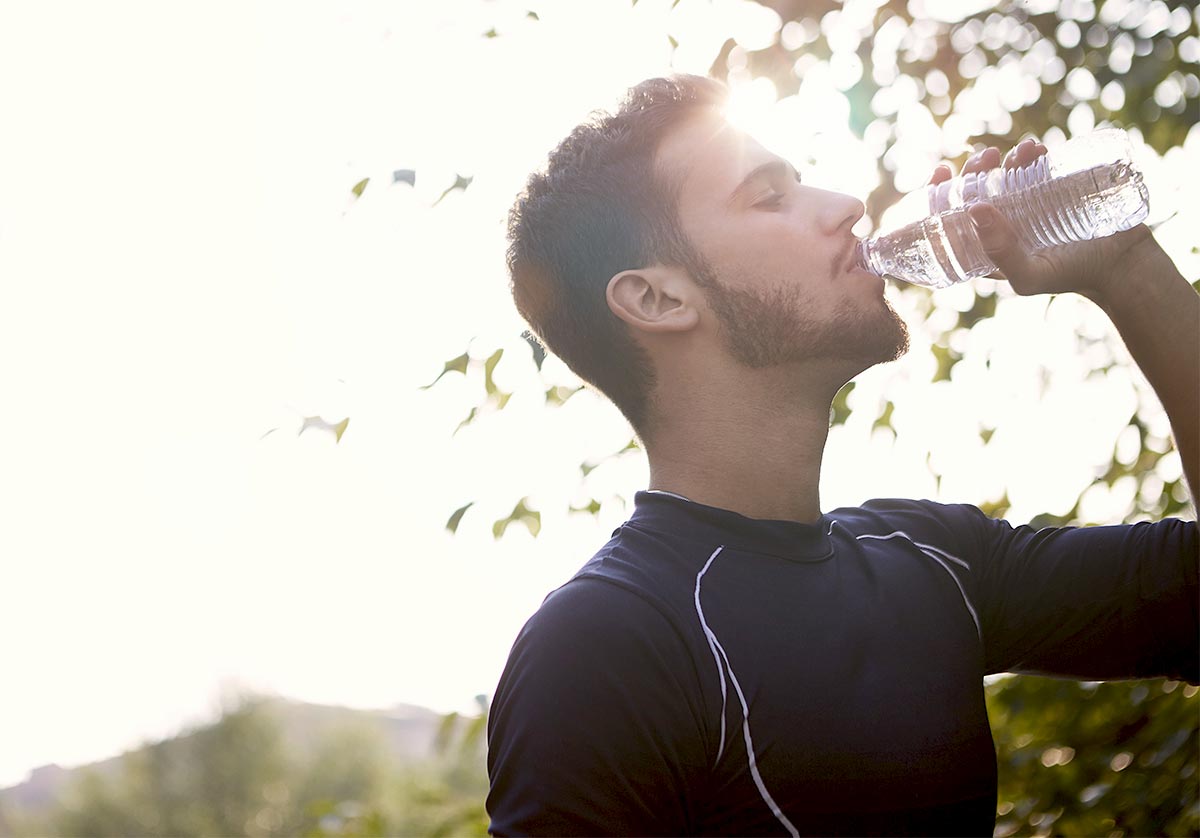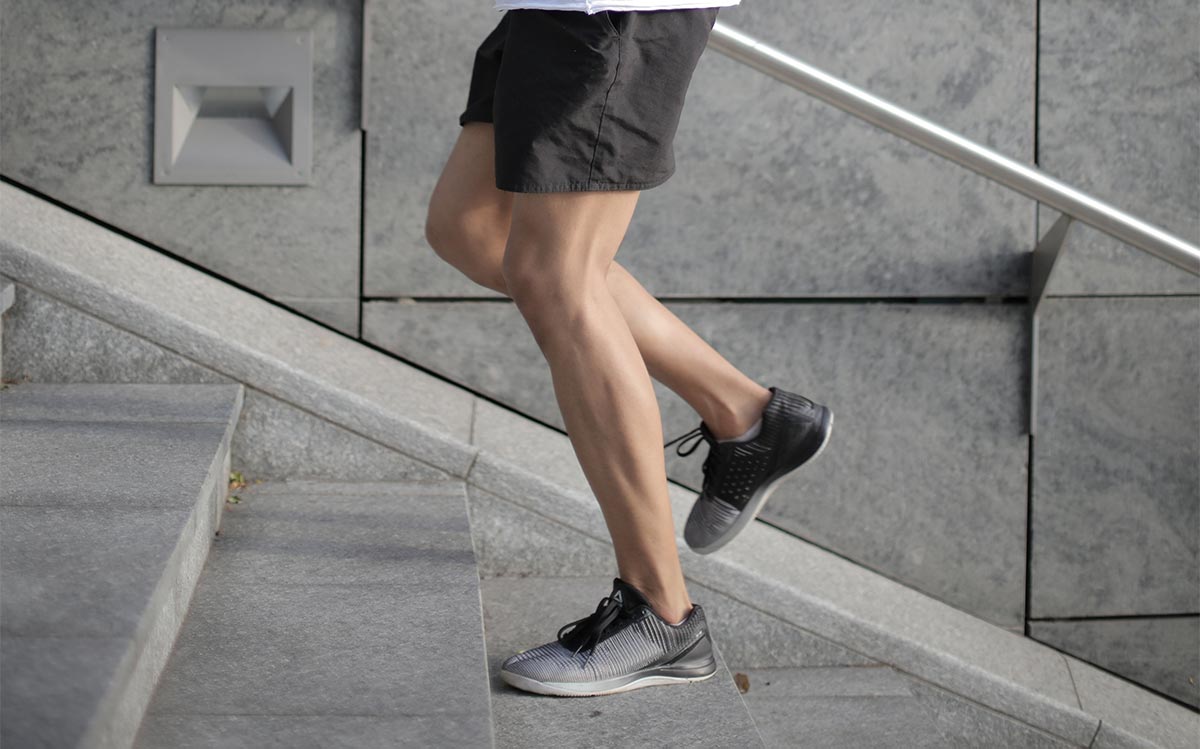Hydration is one of the most fundamental aspects of maintaining overall health and performance. Yet, it’s also an area fraught with misconceptions and mistakes. From fitness enthusiasts to casual exercisers, staying hydrated is essential for both immediate performance and long-term well-being. Understanding what not to do is just as important as knowing the right hydration practices. Let’s dive into the key pitfalls to avoid when it comes to staying properly hydrated.
Don’t Be Average
Research indicates that most people fail to consume enough fluids to maintain adequate hydration levels. This problem is especially pronounced among those who exercise regularly, as their fluid requirements are naturally higher. Starting a workout already dehydrated compounds the risks, making proper pre-exercise hydration non-negotiable.
Failing to hydrate appropriately before exercising can leave you vulnerable to both short-term performance declines and long-term health risks. Make hydration a part of your daily routine rather than an afterthought.
Don’t Underestimate the Risks
The consequences of dehydration span a wide spectrum. On the mild side, you might experience diminished performance, muscle fatigue, and impaired coordination. However, on the severe end of the spectrum, dehydration can lead to heat exhaustion or even heat stroke, both of which can be life-threatening if not addressed immediately. Proper hydration minimizes these risks and supports optimal physical function.
Don’t Forget to Plan Ahead
Hydration isn’t something you address on the fly—it requires preparation. According to guidelines from the American College of Sports Medicine (ACSM), individuals should drink at least 16 ounces of fluid about two hours before exercising. During exercise, aim to consume at least a half cup of fluid every 15 minutes. Post-workout, rehydrate by drinking 16 ounces of fluid for every pound of body weight lost during activity. This structured approach ensures that your body remains well-hydrated before, during, and after exercise.
Don’t Ignore Warning Signs
Dehydration doesn’t always announce itself with dramatic symptoms. Early signs include muscle cramps, fatigue, and headaches. As dehydration progresses, more severe symptoms like dizziness, confusion, or the inability to sweat can occur. By the time these symptoms manifest, dehydration may already be compromising your performance and well-being. Recognizing the early signals and addressing them promptly can make a significant difference.
Don’t Trust Thirst Alone
While it seems logical that thirst would signal dehydration, the reality is more complex. By the time you feel thirsty, your body has already begun to dehydrate. Staying ahead of thirst by drinking fluids consistently throughout the day helps prevent the negative effects of dehydration before they arise.
Don’t Fall for the Marketing Gimmicks
The hydration market is saturated with products claiming to be the ultimate solution—sports drinks loaded with electrolytes, flavored waters, and beverages infused with everything from vitamins to caffeine. For most people engaging in moderate exercise lasting less than an hour, plain water remains the best and most effective hydration option. Save the specialized drinks for prolonged or high-intensity workouts where electrolyte replenishment becomes critical.
Don’t Rely on Alcohol for Hydration
Alcoholic beverages are a poor choice for hydration due to their diuretic effect, which promotes fluid loss through increased urination. For every alcoholic drink consumed, it’s a good idea to match it with an equivalent amount of water to counteract dehydration. Avoid relying on alcohol altogether when hydration is your primary goal.
Don’t Overhydrate
While staying hydrated is essential, drinking excessive amounts of water can lead to hyponatremia, a condition characterized by dangerously low sodium levels in the blood. Symptoms include nausea, headaches, and confusion, and in severe cases, hyponatremia can be life-threatening. Balance is key—drink enough to stay hydrated but avoid overconsumption.
Don’t Confuse Water Loss with Fat Loss
After an intense workout, the scale might show a lower number, but this is often due to water loss through sweat, not fat loss. Rehydrating restores these fluid levels, so don’t mistake this temporary weight change for progress in shedding body fat. Focus on consistent hydration to optimize your body’s function rather than fixating on short-term fluctuations.
Don’t Neglect Daily Hydration
Proper hydration isn’t just for athletes or those who exercise. Everyone needs to stay hydrated throughout the day. Start your morning with a glass of water to rehydrate after a night’s sleep, and continue sipping water regularly during meals and between activities. Making hydration a habit ensures that your body has the fluids it needs to function optimally, regardless of your activity level.
Hydration is a cornerstone of health, fitness, and overall well-being. By avoiding these common mistakes, you can ensure that your body stays properly hydrated, enabling you to perform at your best and minimize health risks. Remember, staying hydrated is not just about drinking water—it’s about adopting a thoughtful and balanced approach to fluid intake as part of your daily routine.













